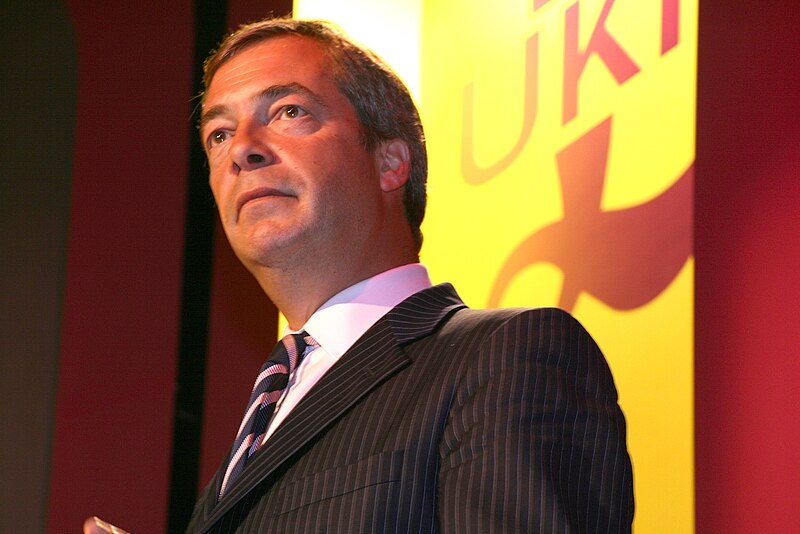
On Monday, Nigel Farage’s right-wing Reform UK party proposed a £40 billion ($51 billion) tax cut for voters. The plan suggests eliminating the interest paid to banks by
the Bank of England (BoE) as a funding source.
Reform UK’s Proposal
Reform UK, which is currently third in pre-election opinion polls and adding to the challenges faced by the governing Conservatives, aims to raise the annual income tax threshold to £20,000 from the current £12,570. Party Chairman Richard Tice stated that this plan would boost the economy and put an end to what he described as the “gross negligence” of the BoE paying tens of billions of pounds annually to banks through its quantitative easing (QE) program, funded by taxpayers.
“This is real cash, your money, being used to enrich the City of London,” Tice emphasized during a news conference.
Understanding Quantitative Easing
Under the QE economic stimulus program, the BoE purchased £875 billion of government bonds that pay a fixed interest rate. The BoE funded these purchases with cash on which it pays interest at its main interest rate, now at a 16-year high.
Former BoE officials have suggested that banks could earn interest on only a portion of their deposits at the BoE. However, Governor Andrew Bailey has argued that this would hinder the BoE’s ability to steer the economy through interest rate changes. Finance Minister Jeremy Hunt has also indicated that such a move would damage Britain’s competitiveness as a financial services hub.
The Ongoing Debate
The debate continues due to the substantial challenge the next government will face in improving public services without increasing Britain’s debt burden. Both the Conservatives and the main opposition Labour Party, which is favored to win the July 4 election, have ruled out raising income tax, national insurance, and value-added tax rates.
Capital Economics, a consultancy, estimates that the government could save up to £40 billion a year if the BoE stopped paying all interest on bank reserves. However, this amount is likely to decrease to around £17 billion as interest rates fall and the BoE sells more of the bonds it bought under QE. The consultancy suggested that a partial, or tiered, system is more likely than ending interest payments altogether.
“Even so, this would still be a substantial source of revenue for the government,” Capital Economics noted in a client briefing on June 5. “As this would effectively be a tax on banks, it might marginally affect the supply of credit.”
Political Implications
While Reform UK is unlikely to win many seats in parliament, its proposals are putting pressure on the Conservatives by further dividing right-of-centre voters in Britain. Photo by Euro Realist Newsletter, Wikimedia commons.


































